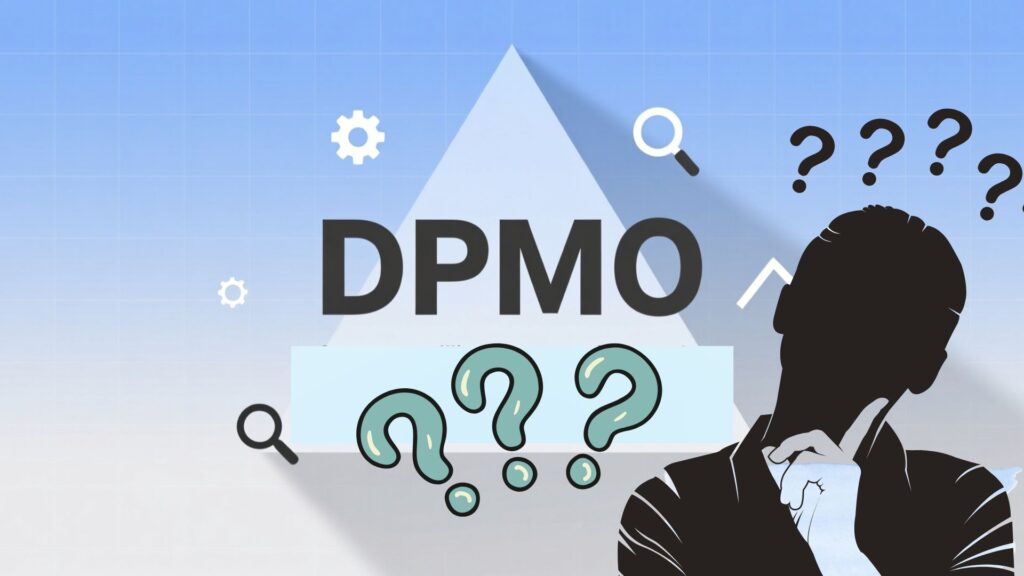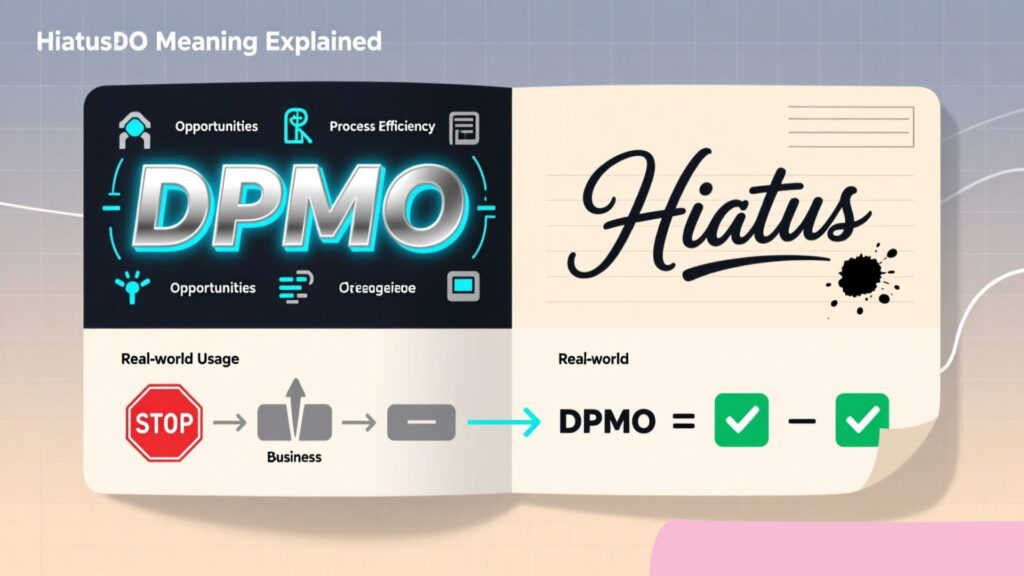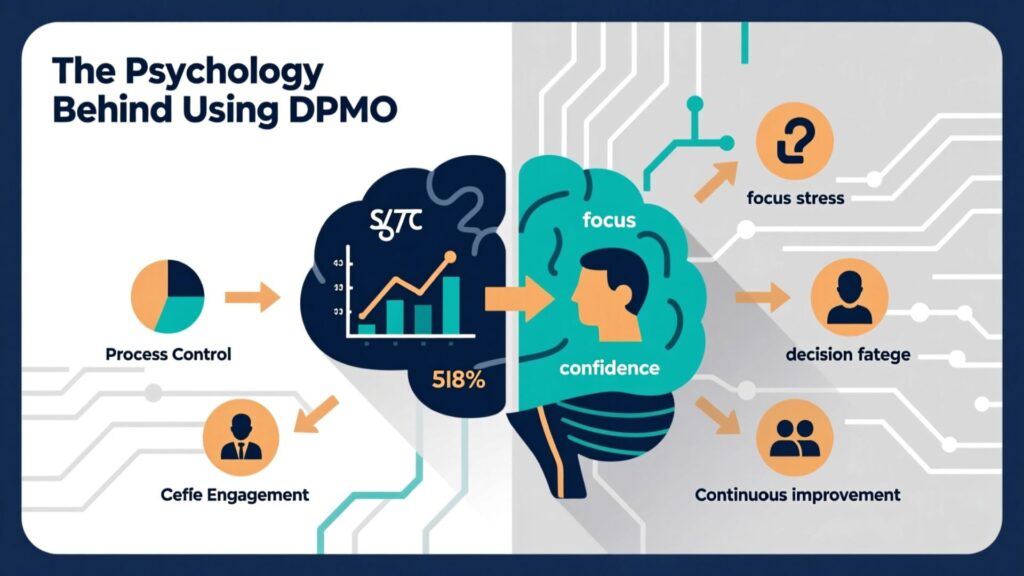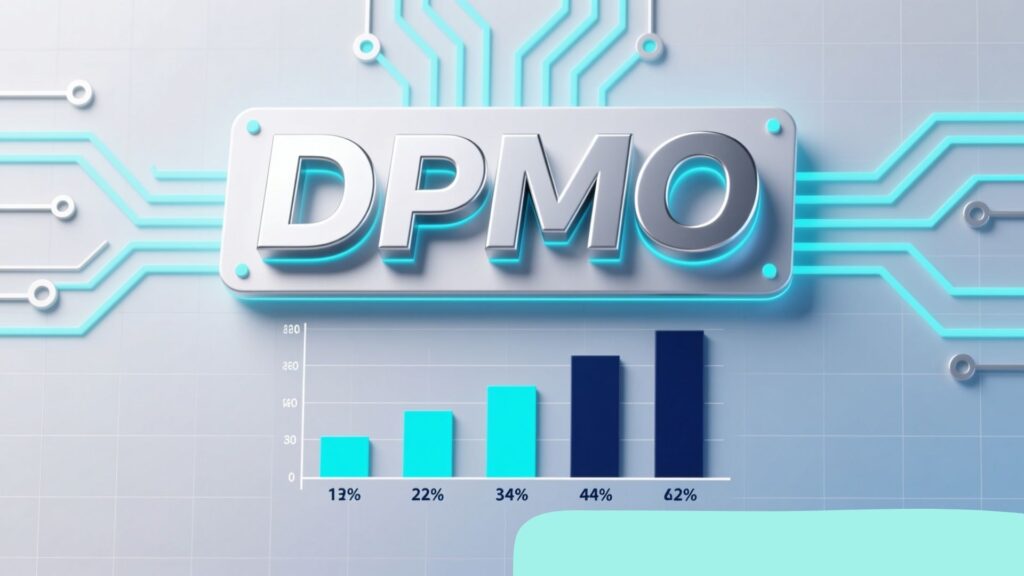Language evolves quickly in the digital world. Every year, new acronyms, slang expressions, and cultural catchphrases take hold in text messages, social media captions, and even song lyrics. One of those phrases is DPMO, which sparks curiosity because of its strong tone and its link to the idea of a hiatus. If you’ve ever wondered what does DPMO mean in text or why people use it, this guide covers everything in detail.
We’ll explore the definition of DPMO, its slang origins, its connection with hiatus, when to avoid using it, respectful alternatives, psychology, and its pop culture influence. By the end, you’ll know not just the meaning but also the right context and tone for using it.
What Does DPMO Stand For?

DPMO is an acronym for “Don’t Piss Me Off.”
At its core, this phrase signals frustration, impatience, or a warning to stop pushing boundaries. It’s short, blunt, and leaves no room for misunderstanding.
In text messaging, people often type DPMO instead of writing the full phrase. That’s why so many search for dpmo meaning in text or dpmo meaning text when they encounter it in chats or comments.
Contexts Where DPMO Appears in Texts:
- Casual conversations between friends when someone is jokingly teasing.
- Arguments when emotions are high and boundaries are crossed.
- Social media captions as a dramatic way to express irritation.
- Music references when quoting song lyrics.
⚡ Example:
- Friend A: “I’m gonna leak that embarrassing photo of you.”
- Friend B: “DPMO, I warned you.”
Here, the acronym works as a shorthand emotional defense. It’s not polite, but it’s undeniably clear.
The Hiatus Meaning of DPMO

At first glance, you might wonder how the concept of a hiatus (a break or pause) connects to DPMO. The connection lies in the emotional space people seek when they use the phrase.
When someone says DPMO, they’re essentially communicating: “I need space. Stop now or I’ll shut down.” This ties to the idea of a hiatus in patience, tolerance, or communication.
Key Points:
- A hiatus means a pause or interruption in an ongoing activity.
- DPMO often functions as a verbal signal of that pause. The person is close to withdrawing, shutting down, or taking a break from the situation.
- Online, some users interpret DPMO as an emotional “hiatus alert” signaling they’re about to step away before things escalate.
So, while hiatus and DPMO aren’t literal synonyms, they intersect in how people use them: both indicate a boundary or break point.
When Not to Use DPMO
Although dpmo slang has become common, using it in the wrong setting can backfire. The phrase is aggressive and can easily be misinterpreted as hostile or disrespectful.
Situations Where DPMO Should Be Avoided:
- Professional Communication
- Emails, business chats, or workplace discussions.
- Using slang like DPMO damages credibility and can seem unprofessional.
- Sensitive Conversations
- When talking with family members, partners, or during serious discussions.
- It risks escalating conflict instead of calming it.
- Public Social Media Posts
- Tone doesn’t always translate online.
- What feels like a joke to you may read as anger to your audience.
- With Strangers
- In group chats, online forums, or comments with people you don’t know well.
- Lack of familiarity increases the chance of misunderstanding.
⚡ Case Study:
A college student once tweeted “DPMO today” about stress during exams. Professors saw the post and flagged it as unprofessional and aggressive. This small slip turned into an unnecessary disciplinary discussion.
The takeaway? Know your audience before you use dpmo slang.
Polite and Effective Alternatives to DPMO
Because DPMO is harsh, many people look for substitutes that communicate limits without sounding hostile. Below are thoughtful alternatives sorted by tone.
Alternatives to DPMO
| Tone | Polite Alternative | Example Use |
|---|---|---|
| Direct | Don’t push it. | “I’ve told you twice, don’t push it.” |
| Neutral | That’s not helping. | “Pointing out mistakes now is not helping.” |
| Respectful | Let’s stay respectful, please. | “I appreciate feedback, but let’s stay respectful, please.” |
| Exhausted | I’ve reached my limit for today. | “I’ve reached my limit for today, let’s continue tomorrow.” |
| Indirect | Not the time, not the place. | “This isn’t the time, not the place to discuss that.” |
Other refined alternatives:
- Please don’t test my patience.
- I’m trying to stay calm here.
- Let’s not go there.
- I don’t have the energy for this right now.
- I’d rather not get into this.
- Let’s not make this worse.
These alternatives serve the same purpose setting a boundary without alienating the other person.
Why Choosing the Right Alternative Matters
Choosing your words wisely is more than a matter of tone it’s a matter of relationships.
- Language shapes perception: Words like DPMO sound confrontational, while alternatives leave room for dialogue.
- Respect fosters cooperation: People respond better when they don’t feel attacked.
- Avoiding escalation: The right phrasing prevents a small irritation from becoming a larger conflict.
⚡ Example:
- Saying: “DPMO, I’ve had enough.”
- Alternative: “I’ve reached my limit for today, let’s pause here.”
The second example conveys the same frustration but lowers tension instead of raising it.
The Psychology Behind Using DPMO

To understand dpmo meaning text, we need to look at psychology. Why do people default to blunt acronyms like this instead of calmly explaining their feelings?
Psychological Triggers Behind DPMO:
- Stress Response
- Anger or irritation prompts the brain to use short, sharp phrases.
- Acronyms like DPMO are quicker than forming long explanations.
- Need for Boundaries
- People use DPMO to signal: “I won’t tolerate this any longer.”
- It creates a verbal shield.
- Digital Efficiency
- In texting, speed matters. Short acronyms like DPMO save time and amplify intensity.
- Emotional Release
- Saying DPMO feels cathartic for someone at their breaking point.
- It channels anger into words instead of other destructive actions.
⚡ Quote from a behavioral psychologist:
“People use harsh acronyms like DPMO as an emotional shortcut. It’s less about the words and more about the unspoken cry for respect and space.”
DPMO in Pop Culture and Music
Beyond texting, dpmo slang gained traction through music and pop culture.
One popular reference comes from Machine Gun Kelly (MGK), who released a track called “D.P.M.O.” The song amplified the phrase’s popularity, especially among fans who quoted lyrics in captions and posts.
How Pop Culture Shapes DPMO Usage:
- Music lyrics introduce phrases into mainstream language.
- Memes and TikToks spread slang rapidly.
- Celebrity usage gives slang cultural legitimacy.
Today, if you look at dpmo meaning urban dictionary, you’ll see entries connecting it directly to both its literal meaning and its pop culture influence.
Language Evolution: From Slang to Mainstream
Slang like DPMO often starts in small groups or subcultures before spreading. Understanding this process helps explain why you suddenly see acronyms everywhere.
Stages of Slang Adoption:
- Niche Origin: A phrase begins within a subculture (music, gaming, internet forums).
- Viral Spread: Memes and social media push it beyond its original group.
- Mainstream Recognition: People add it to resources like Urban Dictionary.
- Casual Use: Teenagers and young adults integrate it into daily conversation.
- Fade or Permanence: Some slang fades, while others become standard language.
DPMO sits between stage 3 and stage 4. It’s well-known among younger generations and documented in online dictionaries, but it hasn’t yet become universally accepted in formal communication.
Final Thoughts: Think Before You Say “DPMO”
So, what does DPMO mean in text? It means “Don’t Piss Me Off,” a strong phrase people use to set boundaries or vent frustration. While it’s quick and clear, it’s also harsh, which makes it risky in many contexts.
If you’re tempted to type DPMO in a text or post, pause for a second. Ask yourself:
- Is this the right audience?
- Could I say the same thing in a calmer way?
- Will this help solve the problem or make it worse?
Remember: Your words shape relationships. Choosing a respectful alternative often works better than a blunt acronym. As slang evolves, so does our responsibility to use it wisely.
Quick FAQ on DPMO
Q: What does DPMO mean in text?
A: It stands for “Don’t Piss Me Off,” a blunt warning used in chats and online.
Q: Is DPMO slang offensive?
A: Yes, it’s considered rude or aggressive in most contexts.
Q: What does dpmo meaning urban dictionary say?
A: Urban Dictionary defines DPMO as “Don’t Piss Me Off,” often with examples from pop culture and texting.
Q: Can you use DPMO at work?
A: No, avoid it in professional or formal communication it can damage your reputation.
Q: Why do people use DPMO instead of spelling it out?
A: Acronyms save time and carry a stronger punch in text-based communication.
Bugti is the founder of Quoethint.com, a hub for English language tips, writing advice, and grammar guidance. With years of experience in English studies and a passion for clear communication, Bugti created this platform to make grammar and writing easy to understand for everyone.
